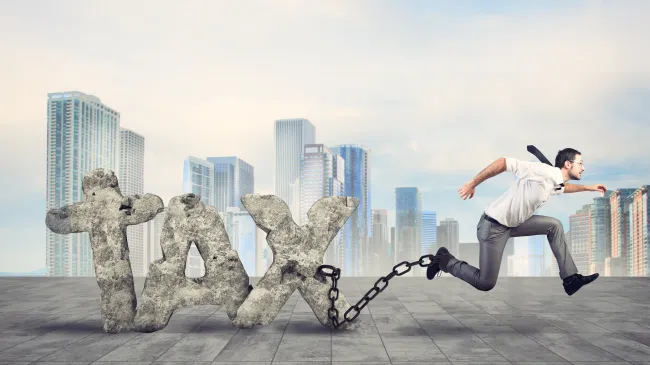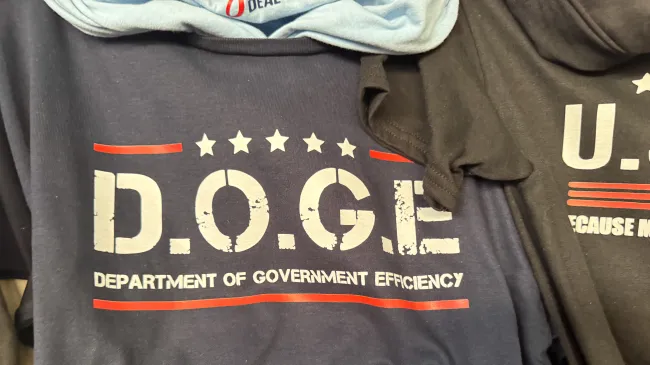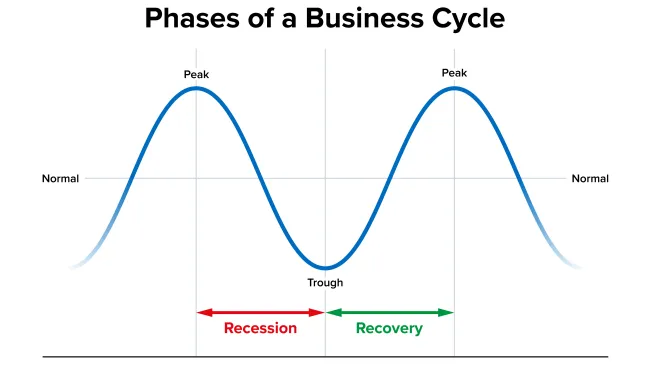A Juggernaut of Destruction
As the US economy slowly implodes, the government causing the implosion is not done with its economic destruction. The Federal Reserve remains the engine of inflation, while tariffs and other interventions help to finish the job.










